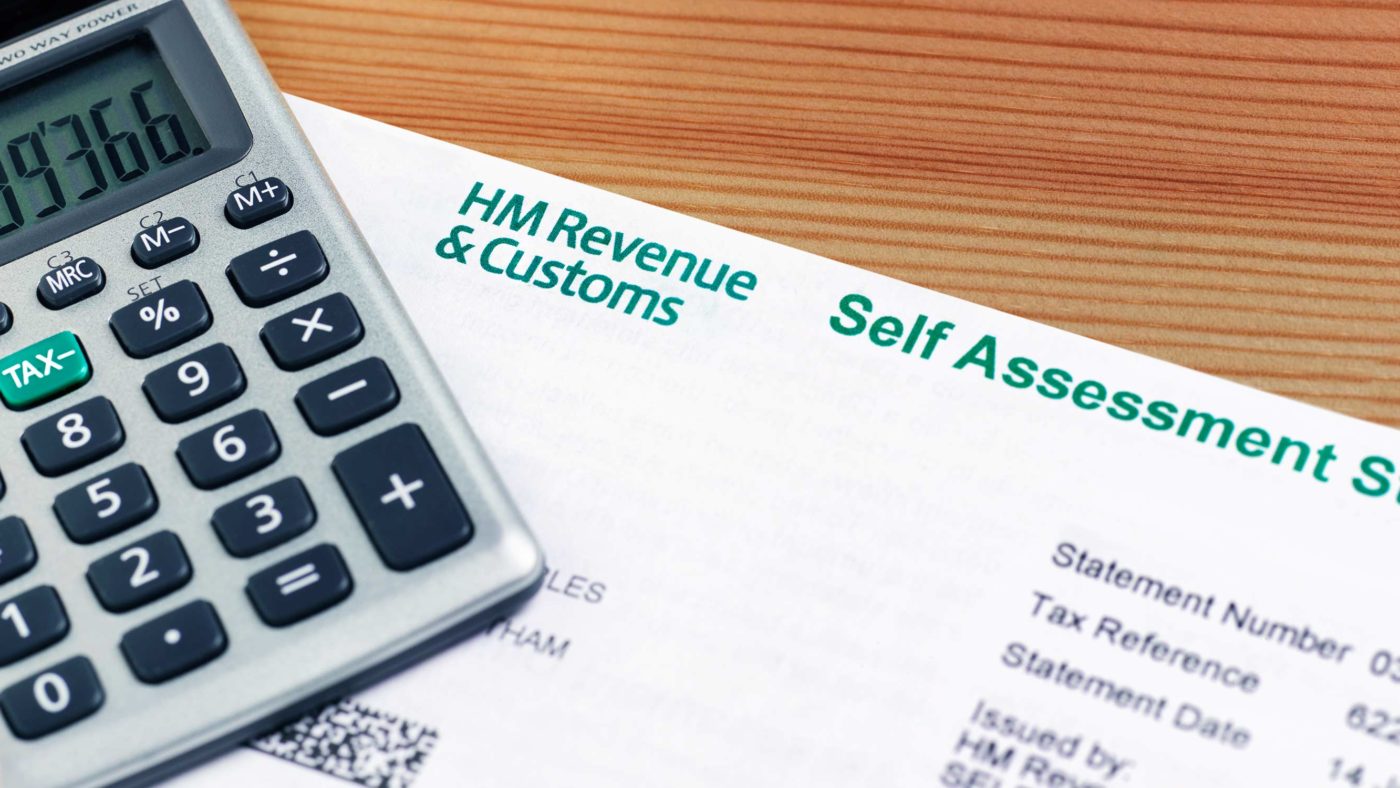Tax Freedom Day is usually a cause for celebration, but not this year. It marks the day when we start earning for ourselves instead of for the government. We calculate what percentage of our income the Treasury takes in tax, and express that as a percentage of the year. The bad news is that this year it falls on June 8, the furthest into the year it has been for four decades, and a whole week later than it was last year.
For some years it has occurred in mid to late May, but now it has extended all the way into early June. Its climb seems remorseless, but it was not always so. Under Margaret Thatcher there was a whole decade in which Tax Freedom Day did not come later. It either occurred earlier or stayed the same for ten consecutive years.
The lesson is clear. To cut taxes you have to cut spending, something the current Treasury seems incapable of doing. Its emphasis seems to concentrate entirely on raising revenues rather than on curbing its outgoings. It has hoovered up extra taxes from us by freezing the tax thresholds, so more of us are sucked into higher tax brackets by inflation. It has increased National Insurance for both the employee contribution and for that paid by the employer, which would otherwise be available for wage increases.
Some of the taxes we pay are not evident to many of us – these are the so-called stealth taxes. They arise when we buy airline tickets, insurance policies and, indeed, on most of our purchases. Most breathtaking of all are the duties on alcohol and fuel, where the duty is added and is then subject to VAT, meaning we are literally taxed for paying tax.
The outlook is not good. It is not difficult to guess how the Treasury will respond to the diminishing revenue from the duty on petrol and diesel as people switch to electric vehicles. Their priority will not be to cut spending, but to make good the shortfall by raising new taxes elsewhere. Already the idea is being floated for a ‘tyre tax’, advocated, of course, on ‘health grounds’ to obscure its real purpose, which is to raise from electric vehicles the tax it will not be raising from fuel.
Taxation limits our freedom, in the sense that it has the state allocating our resources instead of us allocating them ourselves. Some of this is essential, in that it is necessary for areas such as defence and justice to be provided collectively, but quite a deal of current spending goes on things of very dubious necessity.
If Boris Johnson, having won his confidence vote, wishes to confirm and secure his position, he could scarcely do better than have each government department set out what it spends money on, and ascertaining which of those are priorities and which are fripperies that could be dispensed with. Spending, and with it taxation, could be cut if the Government used our resources responsibly on the things that matter.
It is always tempting for populists to urge higher taxes on ‘the rich’ or on ‘business’, but the fact is that there are not enough rich people to make much difference, and businesses do not pay tax, they simply pass it on. At the end of every tax is the person’s wallet or purse it comes from.
So this year we celebrate Tax Freedom Day with caution. If the UK is to have the economic growth that makes us richer, TFD must come earlier. A government which achieves that will be rewarded by the electorate. Who knows? It might even be this government.
Click here to subscribe to our daily briefing – the best pieces from CapX and across the web.
CapX depends on the generosity of its readers. If you value what we do, please consider making a donation.


